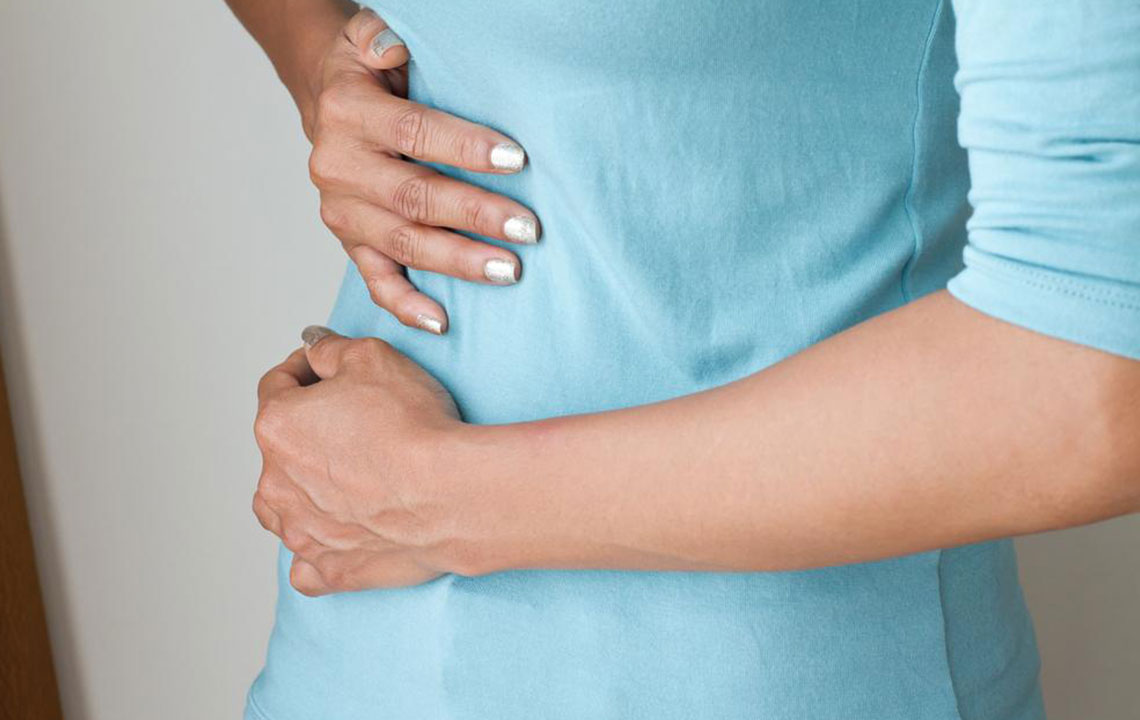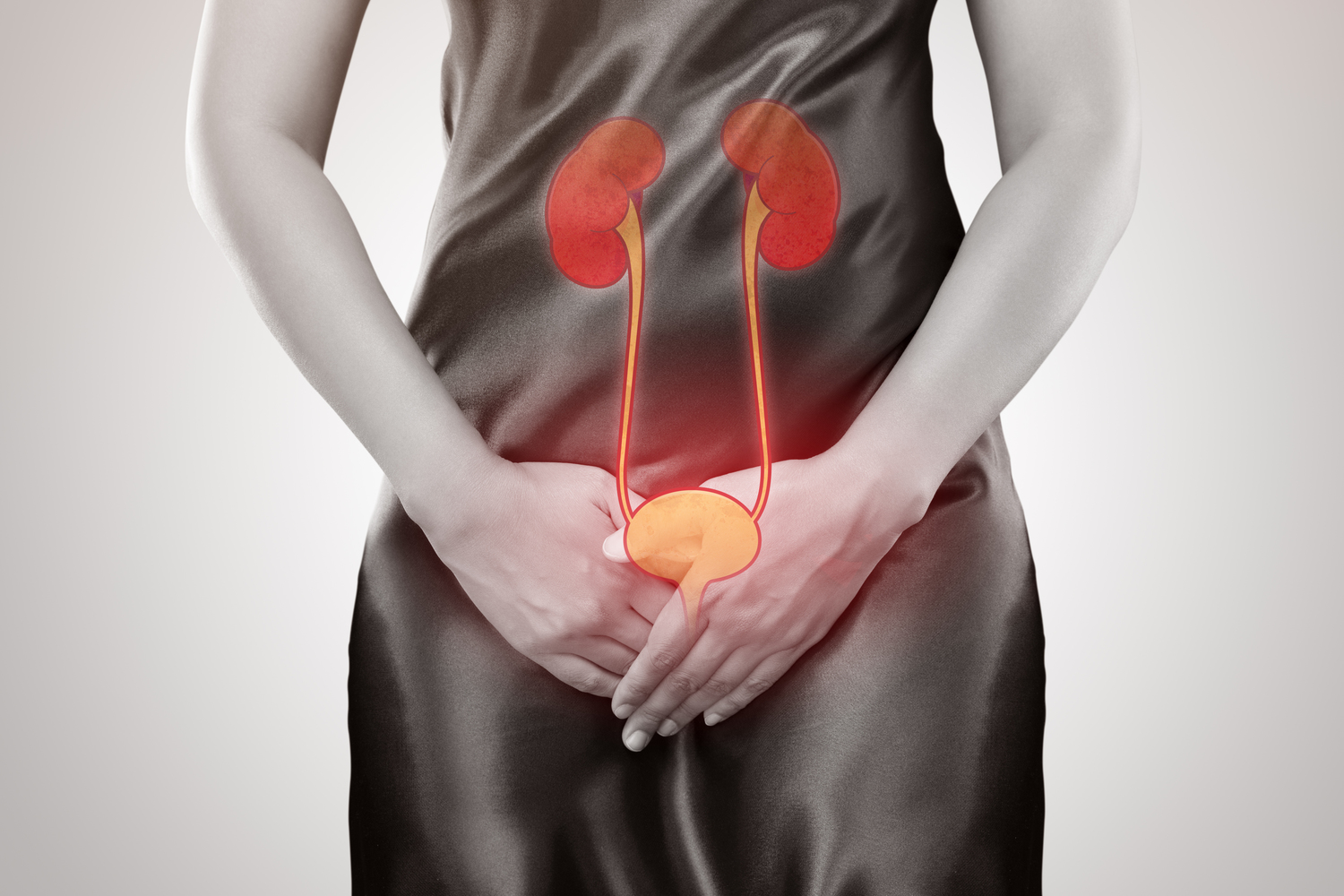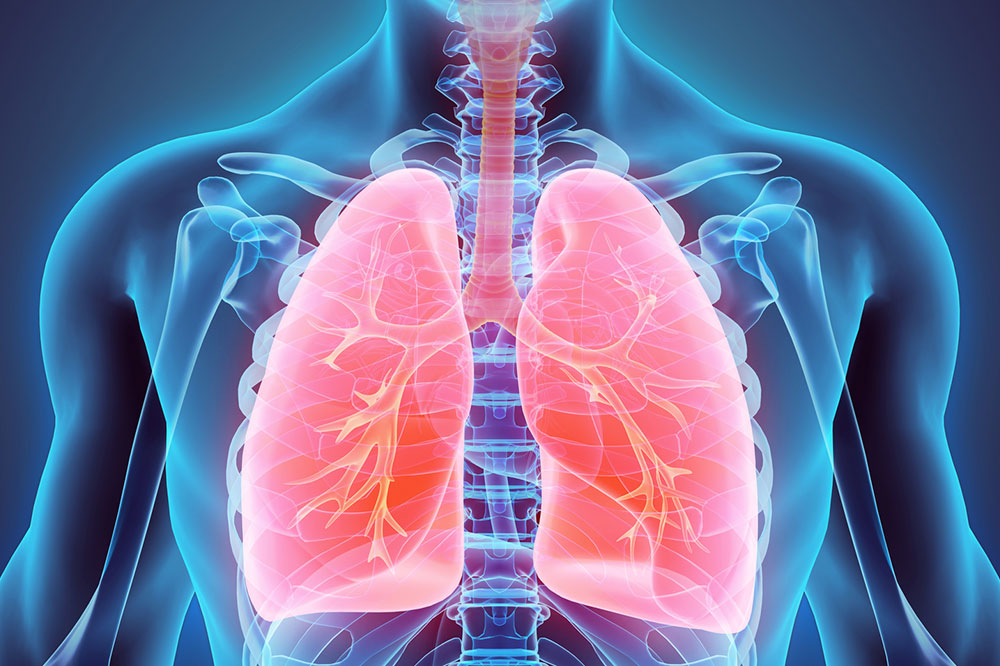Understanding Kidney Stones: Causes, Symptoms, and Remedies
This article explores the causes, symptoms, natural remedies, and medical treatments for kidney stones. It highlights risk factors like dehydration, diet, and lifestyle, while offering practical advice on prevention and home-based remedies. Recognizing symptoms early can lead to timely intervention, reducing complications. The piece emphasizes importance of hydration, dietary adjustments, and medical procedures for managing larger stones, along with natural options to assist in dissolving smaller stones. A comprehensive guide suitable for those seeking both medical and natural approaches to kidney stone management.

Understanding Kidney Stones: Causes, Symptoms, and Remedies
Recognizing and Managing Kidney Stones
Kidney stones form when minerals like calcium, oxalate, and uric acid accumulate in the kidneys, leading to solid deposits. These stones can vary in size from tiny grains to larger pebbles, potentially causing significant discomfort. While many stones pass naturally, some may require medical intervention if lodged in the urinary tract, causing pain. This article discusses the origins, signs, treatment options, and natural home remedies for kidney stones.
What leads to kidney stone formation?
Kidney stones develop when mineral concentrations like calcium, oxalate, and uric acid surpass the body's fluid levels, causing crystals to form. Contributing factors include:
Dehydration – Insufficient water intake results in more concentrated urine, fostering stone formation.
Diet – Consuming high-oxalate foods like spinach, rhubarb, and certain cereals increases the risk.
Sodium intake – Excess salt from processed and canned foods can promote stone development.
Hypercalciuria – Elevated calcium in urine can lead to calcium-based stones.
Digestive issues – Gut health problems can increase vulnerability to stones.
Obesity – Being overweight is linked to a higher risk.
Genetics – Family history plays a role.
Medications – Certain drugs like diuretics and antacids may elevate risk.
Chronic illnesses – Conditions like diabetes and hypertension can predispose individuals to stones.
Signs and Symptoms of Kidney Stones
Recognizing these clues can lead to prompt treatment:
Frequent urination – A sudden urge to urinate often indicates stone migration.
Burning pain during urination – Discomfort signals the stone reaching the bladder connection.
Severe pain in back, abdomen, or side – Obstruction causes intense, fluctuating pain.
Blood in urine – Urine may appear pink, red, or brown.
Foul or cloudy urine – May indicate infection or stones.
Fever and chills – Symptoms of infection associated with stones.
Natural remedies to help dissolve kidney stones
You might consider the following home-based solutions:
Dandelion root
Kidney beans
Horsetail herbal tea
Pomegranate juice
Organic celery
Basil herbs
Apple cider vinegar
Medical treatment options for kidney stones
Treatment varies depending on stone size and severity:
Large stones – Procedures like shock wave therapy (ESWL) break stones into smaller pieces for natural passage or surgical removal.
Small stones – Increased fluid intake, pain relievers, and medications facilitate passage.
Preventive measures for kidney stones
To reduce your risk:
Stay well-hydrated
Limit salt intake
Avoid excessive vitamin C supplements
Reduce animal protein consumption
Limit oxalate-rich foods










